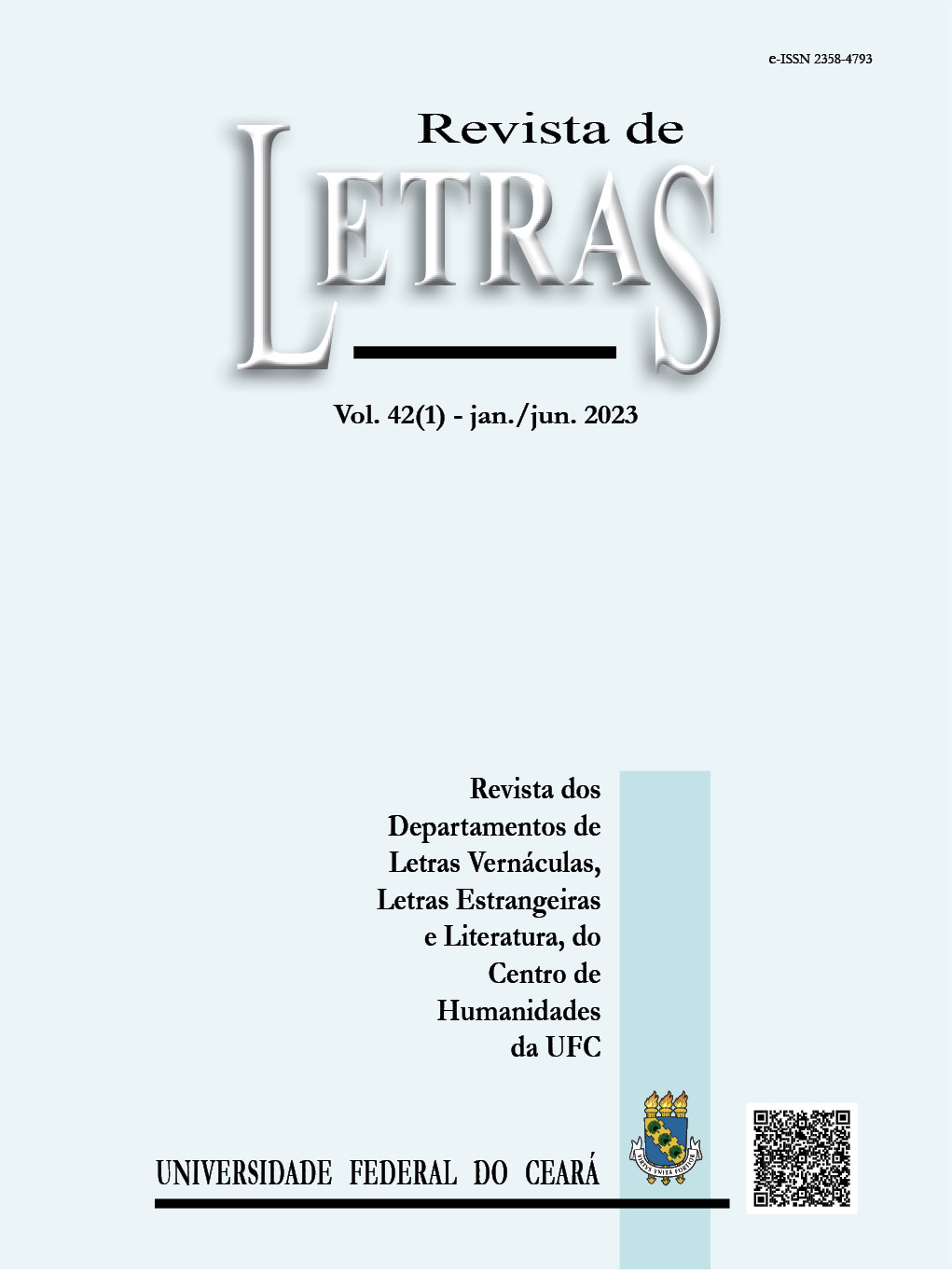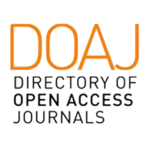ISSO TAMBÉM É TRADUÇÃO: ALGUNS RECORTES DO PERCURSO DA DUPLA SERTANEJA CHITÃOZINHO & XORORÓ
DOI:
https://doi.org/10.36517/revletras.42.1.23Abstract
This work includes partial results of research developed at the doctoral level, which aimed, in general, to understand the transformation of country music, focusing on the work of the duo Chitãozinho & Xororó (1970-current). In line with Total Translation (Torop, 2019), we understand that everything that happens in the dynamics of the functioning of texts results from translation processes and procedures, which allows us to think in terms of translation what the phonographic market calls cover, rereading , version, rewrite. In theoretical-methodological terms, we propose the articulation of some elements of Song Semiotics (Tatit, 2012) with Critical Discourse Analysis (Fairclough, 1995; 2003) in order to provide some refinement about how song texts are processed in a practice discursive with particular routines of production, distribution, consumption and interpretation in society in a dialectic relationship. Our clipping presents: a) Shambala (Moore, 1973) animated by Three Dog Night and its translations by Chitãozinho & Xororó (1989; 2019); and b) Caipira (Marques; Maracai, 1991) recorded by the duo in 1991 and translated with some changes in 2007. Despite the maintenance of the harmonic and melodic aspects that make the songs unique, one can note in both cases the emergence of distinct discursive ethe and not infrequently shaped by the interests of the Cultural Industry. We hope, therefore, to contribute to theoretical advances around Translation Studies in general and, specifically, those whose object is song texts.
Downloads
Downloads
Published
How to Cite
Issue
Section
License
Copyright (c) 2023 Revista de letras

This work is licensed under a Creative Commons Attribution 4.0 International License.
Autores que publicam nesta revista concordam com os seguintes termos:- Autores mantêm os direitos autorais e concedem à revista o direito de primeira publicação, com o trabalho simultaneamente licenciado sob a Licença Creative Commons Attribution que permite o compartilhamento do trabalho com reconhecimento da autoria e publicação inicial nesta revista.
- Autores têm autorização para assumir contratos adicionais separadamente, para distribuição não-exclusiva da versão do trabalho publicada nesta revista (ex.: publicar em repositório institucional ou como capítulo de livro), com reconhecimento de autoria e publicação inicial nesta revista.
- Autores têm permissão e são estimulados a publicar e distribuir seu trabalho online (ex.: em repositórios institucionais ou na sua página pessoal) a qualquer ponto antes ou durante o processo editorial, já que isso pode gerar alterações produtivas, bem como aumentar o impacto e a citação do trabalho publicado (Veja O Efeito do Acesso Livre).

.png)






.png)
